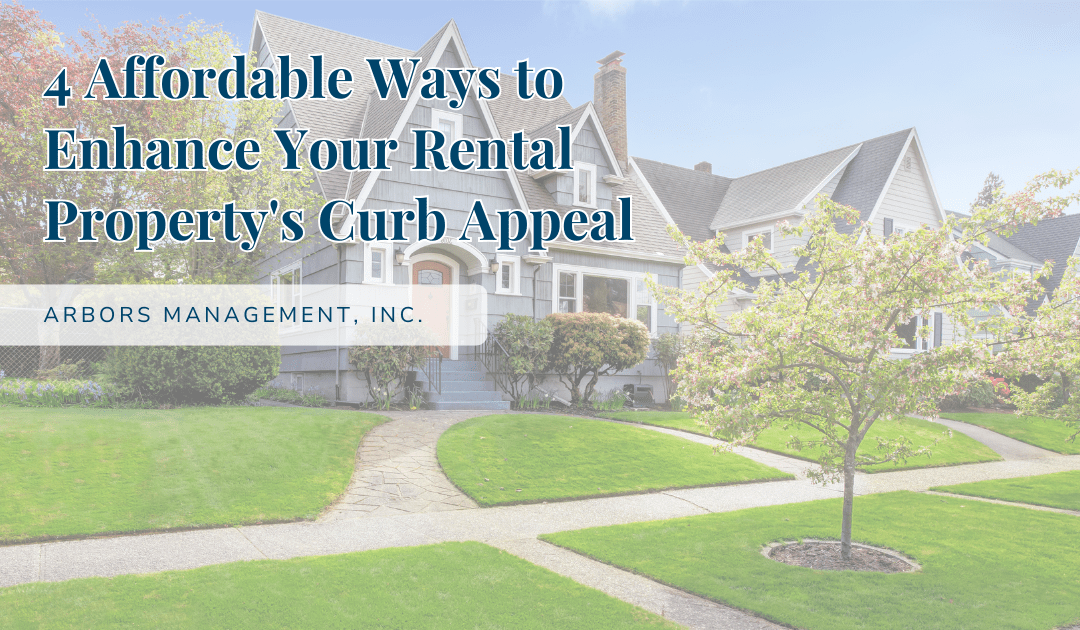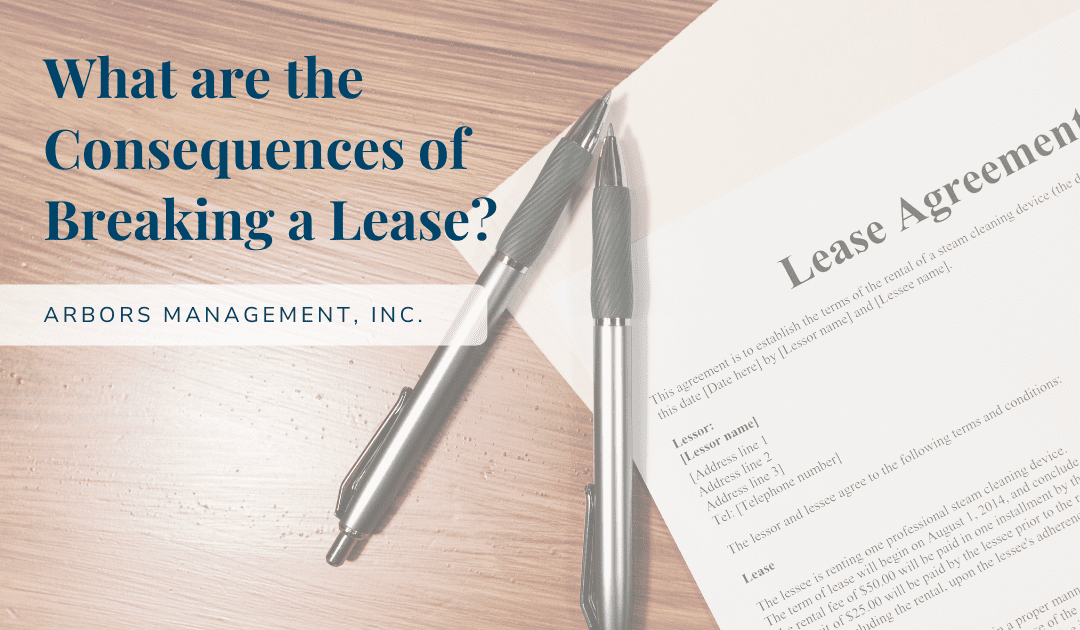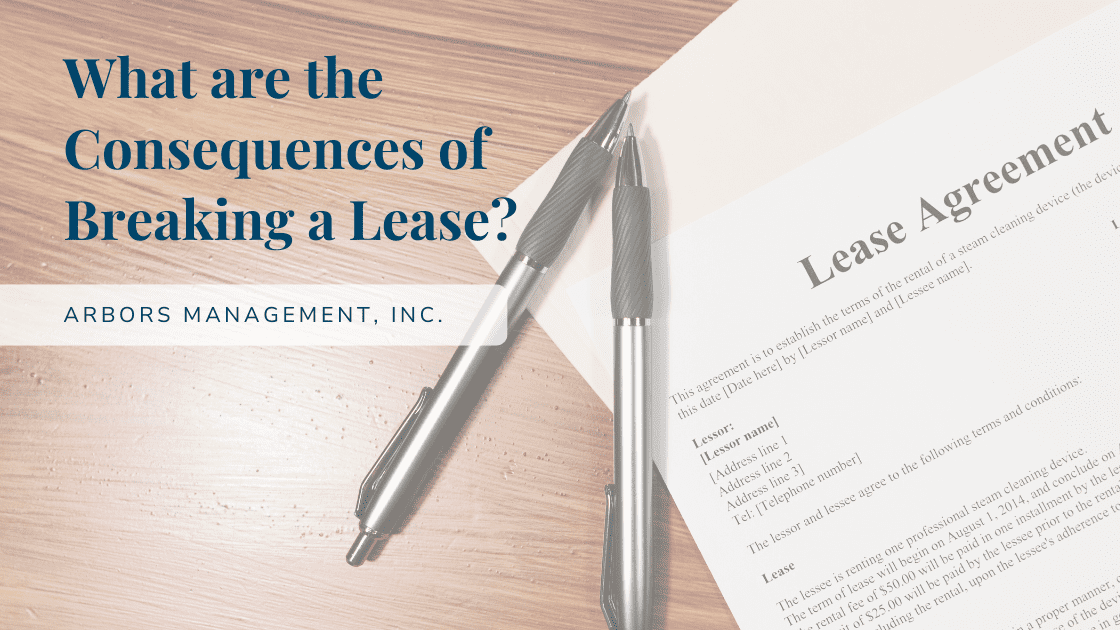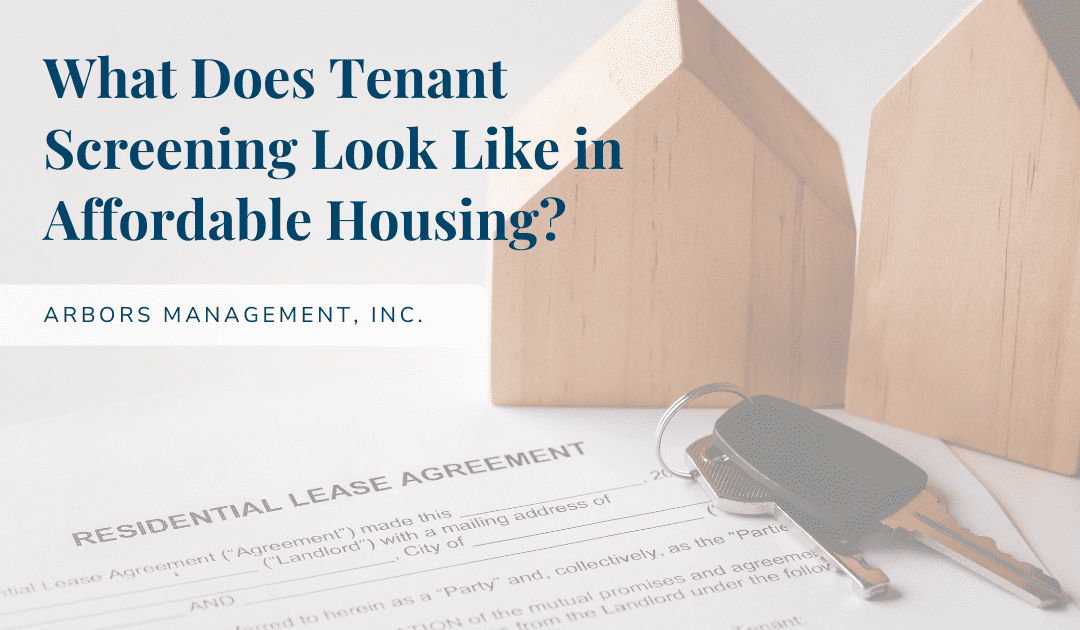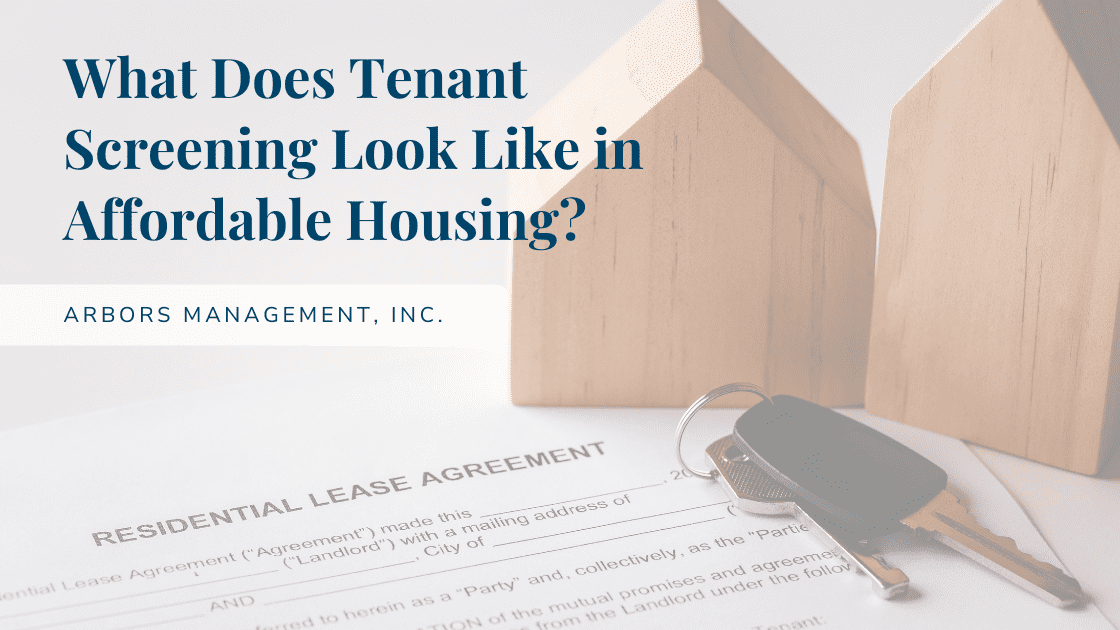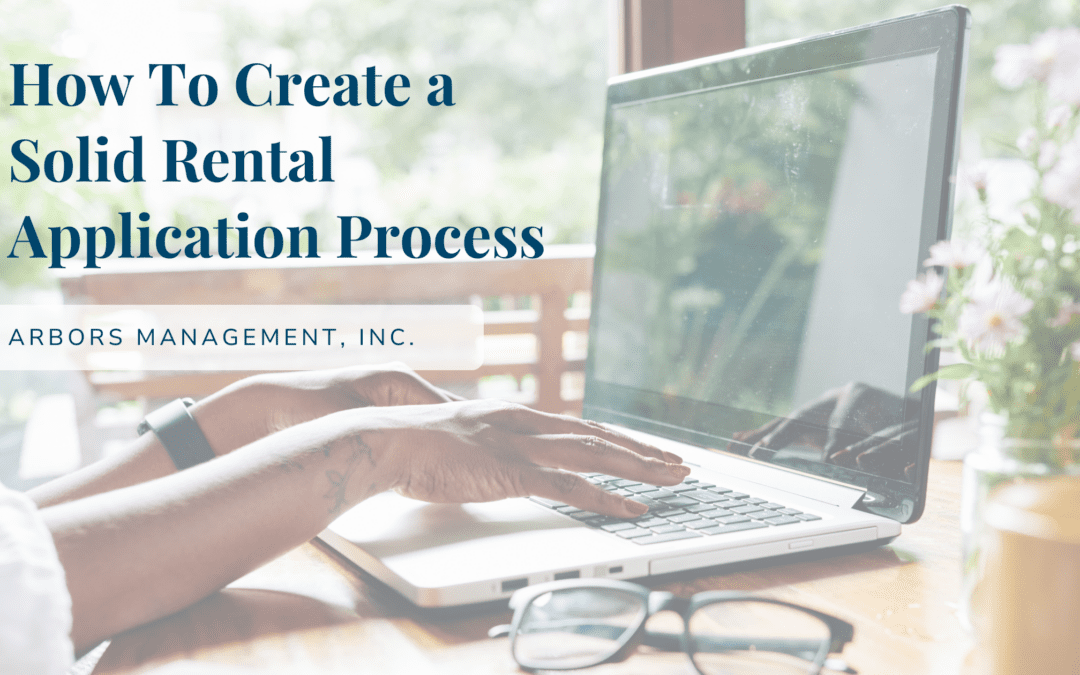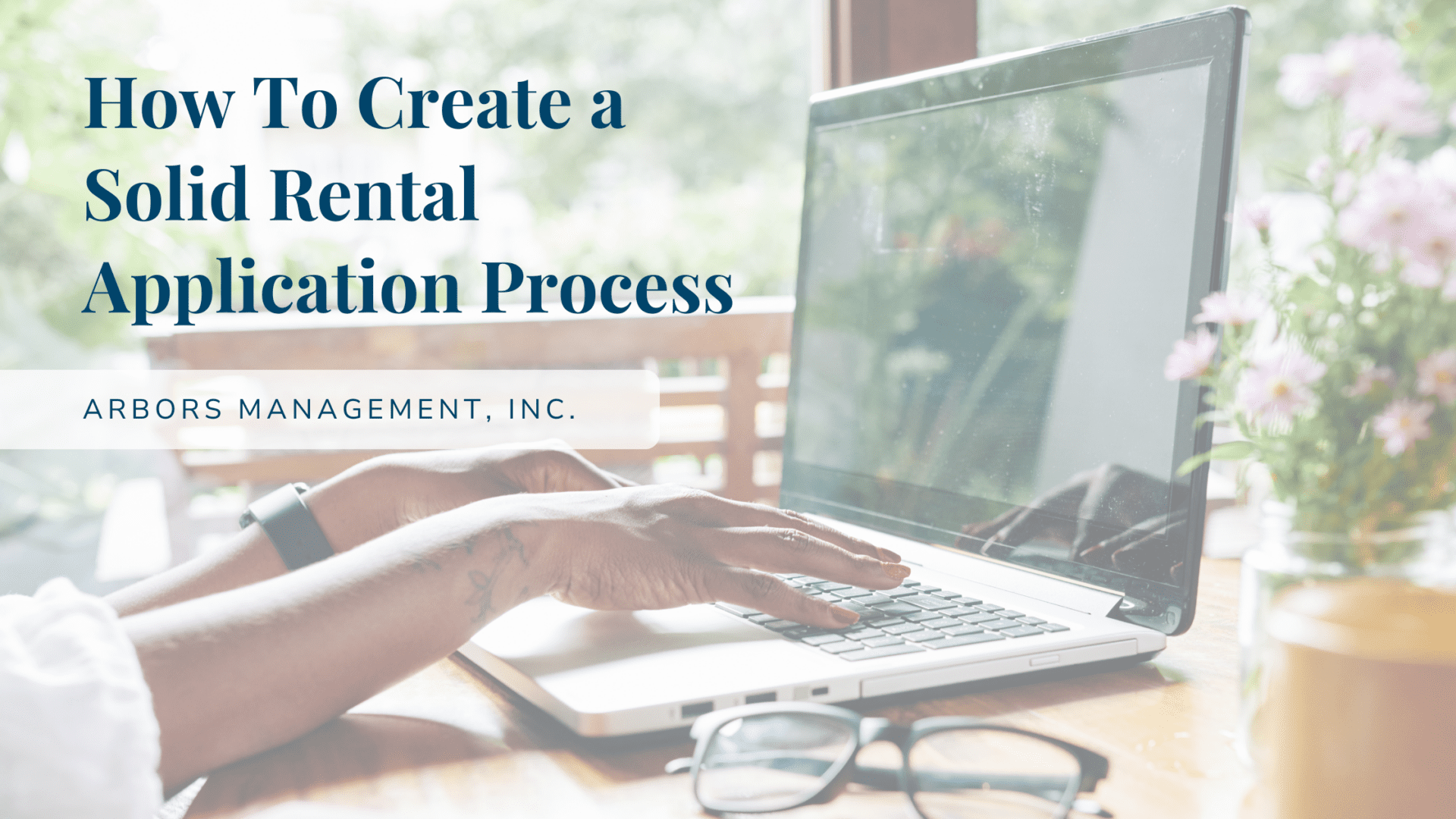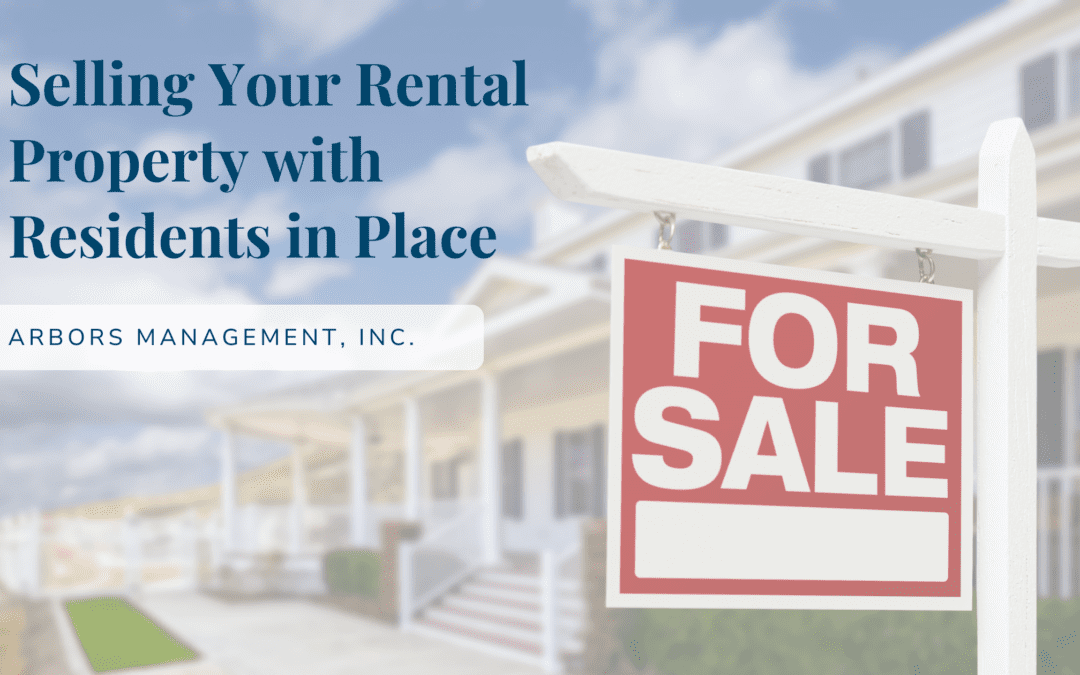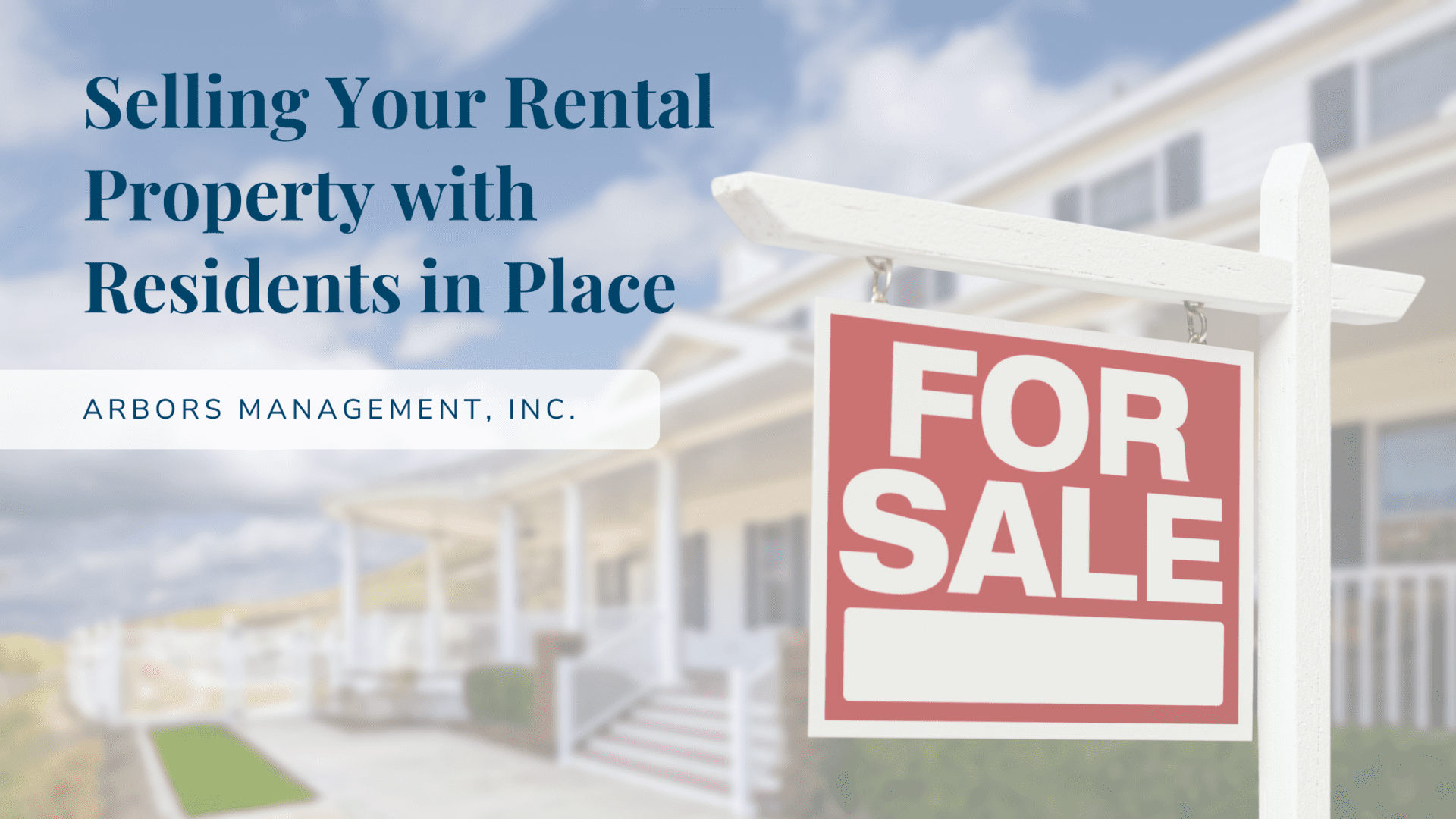
by Nicole Scimio | May 2, 2025 | Blog, Featured Posts, Investment Rental Property, Owner Resources, Property Management Education, Rental Price, Uncategorized
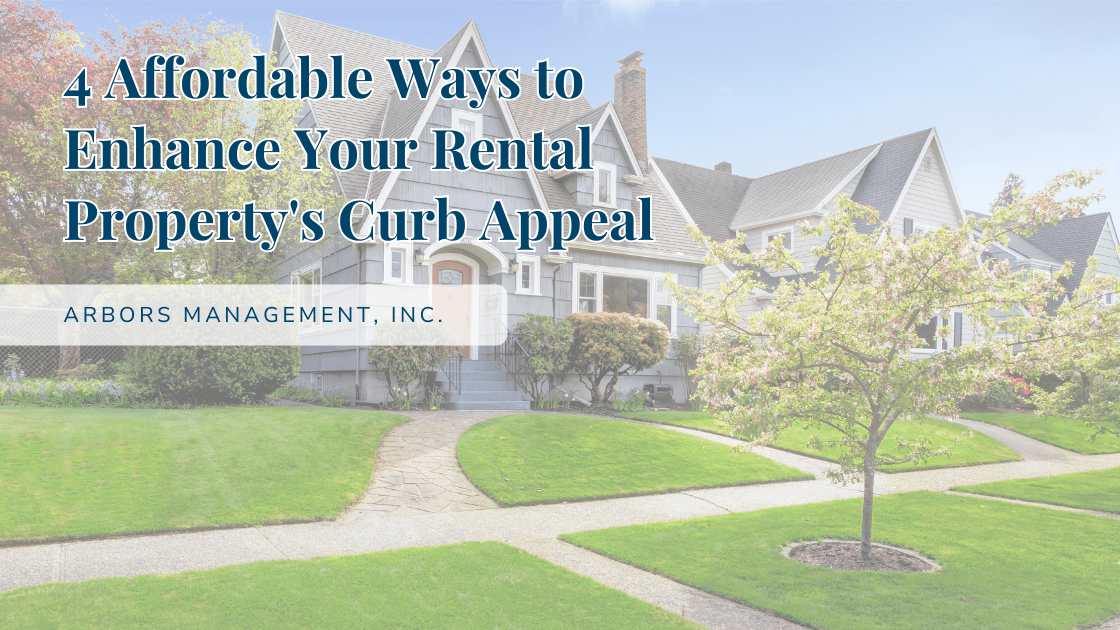
4 Affordable Ways to Enhance Your Rental Property’s Curb Appeal
By: Nicole Scimio
Whether your rental property has curb appeal or not is incredibly important.
It can significantly impact how many applicants you draw in, who you attract, and even the amount you can charge for rent.
But with an investment property, it can be hard to keep up with appearances.
Trends change, things wear down – time takes its toll on a place.
Sometimes, a full renovation sounds great but just isn’t within your budget.
Not to worry, though!
There are plenty of ways to kick your property’s curb appeal up a notch – and with Spring finally here, now’s the time!
We’ve gathered up a few inexpensive and minimally involved ways for you to update your rental property without breaking the bank.
Tip #1: Replace Old Hardware
Refreshing your hardware doesn’t have to be difficult or expensive!
Is the doorknob or door knocker starting to delaminate from years of use and weathering?
Run to your local hardware store, pick a metallic finish that complements your property’s color scheme, and grab some new hardware in matching finishes.
You can also consider updating the porch light fixture and house/unit numbers in a matching finish!
Tip #2: Landscaping Refresh
First thing’s first: cut the lawn, pull weeds, and trim any shrubs you may have.
Add fresh mulch and some beautiful flowers in your landscaping.
You can even plant perennials – flowers that will appear every year. A few examples of perennials include peonies, poppies, black-eyed susans, irises, and more.
You can even consider putting together planters at either side of the entryway to give off a welcoming and homey look.
If you’re looking to take your outdoor revamp even further, add small solar-powered lanterns along the walkway. These are low maintenance and don’t require upkeep or constant battery changes, but add ambience and better sight of the walkway in the dark.
Landscaping can get expensive, but these tips are a fairly quick and low-cost way to revamp your property’s curb appeal.
Tip #3: Add a Fresh Coat of Paint or Stain
Sometimes a fresh coat of paint is all it takes!
Adding a fresh coat of paint or stain on your property’s front door, shudders, and decking if applicable. This small change can make your property look brand new without needing to paint the entire exterior!
Repaint or resurface your mailbox. Sometimes something as small as updating the mailbox you already have can make a world of a difference!
While painting or staining can be time consuming if you opt to do it yourself, the difference it makes is significant! The few hours or days you’ll spend on it will certainly be worth it.
Tip #4: Clean!
Don’t underestimate the power of a good deep cleaning!
Declutter the outdoor area, removing any unnecessary items, picking up any garbage that could have blown through, etc.
You can also powerwash your property’s walkways and driveway. This simple step will make any concrete surface look brand new, and is incredibly satisfying!
Algae growing on your property’s roof or siding? Consider hiring a professional to wash the surface of your investment property and bring it back to life – the difference is massive.
Curb Appeal Can Be Simple
Updating your property’s curb appeal doesn’t have to be intimidating or expensive!
These few tips can help you refresh your property and attract wonderful residents in no time.
If you need help managing your property, that’s what we’re here for! Please reach out to us at 1-800-963-1280 or at monroeville@arbors.com.

by Nicole Scimio | Apr 11, 2025 | Blog, Featured Posts, Owner Resources, Property Management Education, Tenant Education, Tenant Resources, Uncategorized
What Are the Consequences of Breaking a Lease?
By: Brady Merkle

What is a Lease?
When renting an apartment or home, the future occupants and the landlord will need to sign a lease before move-in.
A lease agreement (lease) is a legal document that binds parties to an agreement in which the resident is required to pay to live in housing provided by the landlord. The lease specifies the terms and conditions that both parties must adhere to for a specified period.
Here at Arbors, our lease signing process takes place online for the majority of our market rate units!
Once an applicant has been approved, our management team will send over the lease to the resident through our online portal. This allows our residents to sign and agree at their convenience – it’s simple and easy!
What Does “Breaking a Lease” Mean?
Sometimes the agreements made in a lease are not always followed, whether it be the fault of the occupant(s) or the landlord. When this occurs, it’s called “breaking a lease.”
Breaking a lease means that a party terminated the agreement before the end date of the specified term. The most common lease break is when a tenant moves out of the rental before the end of the lease.
Other instances of lease-breaking can include property damage, failing to pay rent, etc.
It’s also important to note that there is a difference between ‘violating’ and ‘breaking’ a lease.
A violation is less severe and occurs when one of the parties does not adhere to a specified portion of the lease. Examples include not maintaining housekeeping standards or disrupting other residents’ enjoyment of the property (ex: playing loud music late in the evening).
Multiple lease violations will often result in the landlord evicting the renter from the home.
What are the Consequences of Breaking a Lease?
While different management companies or landlords may have different penalties in place, breaking a lease often has financial and/or legal consequences.
For example, if a resident breaks their lease, the landlord may withhold the security deposit and charge additional fees.
Oftentimes, landlords charge fees in order to recuperate the unforeseen loss of income they incur with an unexpected move-out.
Additionally, fees can be charged to cover the cost of repairs for any damage caused to the unit.
These fees are typically depicted in an early termination clause within the lease.
Are the Consequences the Same with Every Landlord?
Every lease is unique. The fee structure may differ from one apartment, landlord, or property management company to another.
If you’ve rented from more than one landlord, you’d likely see differences between those leases if compared.
It’s crucial for all parties to thoroughly read and understand each lease they sign. Never assume that all rental agreement terms are the same!
All parties being on the same page will help avoid confusion and conflict.
Regardless of the structure of the agreement, a serious violation or multiple small violations of the lease can result in eviction from the property.
Will Breaking a Lease Hinder My Ability to Rent in the Future?
The application and approval process that many landlords conduct include credit checks and inquiry about rental history. This often includes references from the applicant’s previous landlord(s).
When the landlord of the unit you’re applying for reaches out to any of your previous landlords, any break of lease or unpaid rent may be revealed through their conversation.
A lease break or eviction is arguably the most significant red flag for landlords during the applicant screening process, often leading to denial.
All in All…
It is crucial for both parties to thoroughly read, discuss, and understand all of the terms of the lease at hand.
Whether you are a renter or landlord, be sure to honor the lease that you signed to the absolute best of your ability.
It’s the right thing to do, and it’ll save you from dealing with legal, financial, and even social repercussions.
If you’re unsure about a portion of your lease, talk to your landlord. They are there to work with you and want you to understand your lease!
If you have any other questions about leases or property rentals, we’d be happy to chat!
Reach out to us here at Arbors Management, Inc. at 800-963-1280 or Monroeville@arbors.com.

by Nicole Scimio | Jan 27, 2025 | Blog, Featured Posts, Low Income Tax Credit Housing, Owner Resources, Project Based Section 8 Housing, Property Management Education
What Does Tenant Screening Look Like in Affordable Housing?

What is Tenant Screening?
If you know anything about the rental process, you’ve likely heard of landlords screening potential residents after receiving applications. But what exactly is tenant screening?
Tenant screening is the standard practice used to evaluate prospective residents when processing housing applications.
While there is not one perfect screening method that yields perfect results, management often enlist the help of a third-party company. This helps ensure that all boxes are checked and that nothing is overlooked.
At Arbors, our property management staff submits all of the necessary documents to our external screening company. We are able to determine eligibility based on:
- The information provided
- The application received
- Information gathered from the applicant’s prior landlords to verify their rental history
What is a Property Manager Looking for When Screening Applicants?
As a property manager, you likely receive many applications for potential residents at your property. Therefore, it’s important to look at a few different key aspects of someone’s history when considering their application.
When screening applicants, we use screening criteria as well as a Resident Selection Plan. Anyone who meets these criteria is approved for tenancy.
Common factors that managers and screening companies look at in applicants include but are not limited to:
- Current income
- Credit score and history
- Criminal background check
- Eviction history
- Employment history
- Reason for leaving their previous residence
Each of these factors serve as helpful indicators for the management team to determine if the applicant would be a qualified candidate.
Why is Tenant Screening Important?
Tenant screening is important because it provides management with a general overview of the applicant’s history as a resident.
With the information provided, property managers can make educated decisions that help protect the safety of their current tenants, as well as help preserve the integrity of the property(ies). Additionally, you can help ensure that not only is the applicant a good fit for the property, but that the property is a good fit for the applicant.
Here at Arbors, we have a higher retention rate than the average in our industry. We feel that this is in part due to good screening, as well as great care of our residents during their tenancy. Screening properly makes a difference!
What Are the Risks of Not Properly Screening Applicants?
If you don’t screen your applicants appropriately, you risk the chance of having residents that could have a negative impact on your property or other tenants.
One of the main ways that managers make mistakes during screening is not thoroughly examining an applicant’s background and missing vital information.
For example: one common mistake that many property managers make is failing to ask for previous landlord verifications.
By failing to gather those references, whether good or bad, you will not have a clear picture of who you are about to rent to. A previous landlord may be able to warn you of poor payment history, poor housekeeping, and even poor conduct of the applicant in question.
On the other hand, positive references from a previous landlord can provide peace of mind that the applicant may be a good fit for your property. Perhaps they’ll even have a great impact on the property and neighboring community!
At the End…
Tenant screening is a common (and important) practice among property managers! It gives managers a glimpse into a resident’s history and what they could be like as a resident at their property.
Screening applicants helps managers make educated decisions on who is a good fit overall for their property. By looking at multiple aspects of the applicant’s background, you can get a fuller picture of who each applicant is.
Managers are looking for applicants who will bring value to their property and community, and tenant screening helps guide the selection process. Just make sure you are thorough in your research and don’t miss any key details!
If you need help screening applicants or managing your property, please feel free to contact us here at Arbors Management at 1-800-963-1280 or monroeville@arbors.com – we’d be happy to help!

by Nicole Scimio | Oct 21, 2024 | Blog, Investment Rental Property, Owner Resources, Property Management Education, Uncategorized
How To Create a Solid Rental Application Process

The Importance of a Great Application Process for Potential Residents
If you’re a rental property owner / investor and have great residents who treat your property as their own, you really can’t ask for anything more.
But how do some landlords seem to have wonderful residents while others only seem to attract trouble?
The key: a solid, dependable rental application process to thoroughly and efficiently screen potential residents.
What is the Application Process for Rental Properties?
A good application process is essential to running your rental property management business.
This initial step can be what sets you (and your residents) up for success, or if you’re not careful – failure.
The application process varies from company to company, but generally it can be described as:
The time in which a potential resident fills out an application provided by you (or your property management company), gives references from prior landlords, proof of income and employment, credit information, and an application fee if appropriate.
We’ll go ahead and cover a couple of key things that your application process should include.
Tip #1: Make it Easy to Apply to Live at Your Property
While you want your application to provide insight and value for you, you don’t want it to be so cumbersome that it hinders quality residents from actually just applying.
If your application is 20 pages long and takes hours to complete, chances are that no one will want to complete your application.
The applicant will likely get too frustrated half way in, abandon the application, and forget to come back to it.
They’ll find another place to live with an easier application process.
Here at Arbors Management, we accomplish this by making our process completely online and digital.
With the online application process, we set up a portal for each applicant where they can monitor the progress of their application any time they’d like.
No more daily phone calls from applicants asking if they’ve been approved – that’s a win-win!
Prospective residents can apply through any device that’s connected to the internet, whether that’s a computer, tablet, phone, etc.
We also allow applicants to attach their paystubs and photo ID directly to the application.
Once an application is received, we should have all the information required to process that application in a timely manner.
We are able to process the credit and criminal history rather quickly (typically within minutes) after receiving that application. We can then approve or deny that applicant and move to the next steps.
Goal: to make your application process quick, easy, and convenient, but without compromising quality.
Tip #2: Make Sure You Get the Full Picture
The application you provide should give you a complete picture of the applicant once filled out and returned.
It should ask all the right questions, helping you understand who this prospective resident really is.
A few example questions that we would suggest including are:
- Have you ever been evicted?
- Have you ever been convicted of a criminal offense?
- Have you ever filed suit against a landlord?
- Are you a smoker?
- Have you ever filed for bankruptcy?
- Are there any judgments or legal actions against you?
- Have you spoken with a Leasing Specialist regarding this property?
Goal: gather all of the information you need in order to make the decision to approve or deny an application.
Tip #3: Consistent Screening Criteria
Your application should incorporate all of your screening criteria that you’ve determined prior to accepting applications.
Along with this, your application should allow you to consistently apply the same screening criteria across multiple applicants.
Goal: consistency that will help to keep you legally safe within the confines of fair housing law.
Tip #4: Convert Applicants to Residents Efficiently
Your application process should help you convert qualified individuals into residents efficiently.
The way we do this here at Arbors Management is through our property management software.
With the software we utilize, we can take an approved application and convert it directly into a new resident account.
After an applicant is approved, we can directly send them a lease online through the portal that was set up for them at the beginning of the application process.
The prospect can then sign the lease and pay their security deposit and first month’s rent all through that same portal!
After moving in, the resident will continue to use their portal to pay their rent and submit maintenance requests in the future.
Goal: quickly & efficiently turn approved applicants into new resident accounts.
In Conclusion…
All in all, it’s super important to have a good application process!
In this article, we explained the importance of this process and how to create a successful application process through four different tips:
- Make sure it’s easy for prospective residents to apply
- Your application should give you a complete picture of the applicant(s)
- Apply screening criteria consistently across all applicants
- Convert applicants to residents efficiently
We hope that you’ve found this information helpful. If you’re interested in finding out how Arbors can help you easily convert applicants into residents, please contact us!

by Nicole Scimio | Oct 8, 2024 | Blog, Featured Posts, Investment Rental Property, Owner Resources, Property Management Education
The Advantages and Disadvantages of Home Warranties

Home Warranties – Yay or Nay?
Today, we’re going to discuss the advantages and disadvantages of home warranties.
We also want to touch on some key factors that people may not think about when considering whether or not to purchase a home warranty when purchasing a property.
What Exactly is a Home Warranty?
A home warranty is a policy that you can purchase for a set amount for the year that covers most major mechanical systems and appliances within the property, so that if they malfunction, the policy will cover the expense to repair or replace that item.
On the surface, a home warranty sounds so good!
However, there are drawbacks we’d like to point out as well, especially when purchasing an investment property.
Advantages of Home Warranties
- Home warranties often cover many common maintenance issues in a home
- They have a set price so you know your expenses ahead of time
- They can potentially save you money
- Sometimes they’re included with the sale, so it wouldn’t cost you additional money to have it if provided by the seller of the property
- The home warranty company will assign a vendor, so if you don’t know a specific vendor for your problem, you don’t need to have a vast network of plumbers, HVAC, etc.
Disadvantages of Home Warranties
- Oftentimes, there are a lot of loopholes on home warranty coverage
- Something you might think would be covered may not actually be covered under the warranty unless you pay more for upgraded coverage
- Sometimes it takes the vendor a long time to respond
- There’s a copay for each service call, which could cost you an additional $50-100 for each time you need to use the home warranty
- You have no control over which vendor the home warranty company chooses
- You have to renew home warranties every year
- The process to place a claim with a home warranty is cumbersome and can take an extended period of time to complete with no guarantee of reaching a representative
- Once you’ve placed your claim, the home warranty company sends a vendor and you have to wait for said vendor to call you
- Introduces a lot of back and forth and a lot of different parties involved
How a Home Warranty Can Be Good for an Owner-Occupied Property
A home warranty is best utilized when the owner of the property lives in the property.
Mainly, because the owner is receiving the advantage of saving money, they are likely more willing to accept some of the disadvantages associated with utilizing the home warranty.
To a homeowner, things like not being able to choose the vendor or waiting a bit longer for a repair to be made may not seem as big of a big deal when there is the potential to save a few hundred (or even thousands) of dollars.
A homeowner also may not have the network of vendors that a property management company has, and not necessarily have strong opinions on what vendor to use.
However, when a renter is paying rent on a monthly basis, they are going to expect the repair to be made in a professional manner within a reasonable amount of time.
Vendor choice plays an important role as well!
A property manager is going to partner with a vendor who is fully insured and performs quality work.
On the other hand, the home warranty company is more concerned with finding a vendor for the lowest price, rather than mainly being concerned with the quality of work.
A home warranty company generally also has the tendency to repair problems instead of replacing them because it will result in more service calls – meaning more co-payments from you, the homeowner.
Example of a Home Warranty in Use
A property that we (Arbors Management, Inc.) were managing had a home warranty in place, and the furnace stopped working in the middle of winter.
So, we placed the service call for no heat with the home warranty company, who assigned the work order to a vendor that we didn’t work with on a regular basis or have in our trusted vendor network.
The vendor assigned by the home warranty company was not able to service the property for 2 weeks.
In short, the residents in the property were left with no heat for 2 weeks in the winter, resulting in the need to compensate their rent for that amount of time.
This delay in maintenance could have also resulted in frozen pipes and additional damages. Thankfully in this scenario, it did not.
When you take into consideration the price of the home warranty for the year, service call fee, and the prorated rent that the owner lost as a result of the delayed response time, it ended up costing the owner more money than if we had simply placed a service call with one of our trusted vendors and addressed the issue quickly ourselves.
Conclusion
There can be a lot of advantages to utilizing a home warranty, but we find that they’re best utilized for owner-occupied properties.
For investment properties or resident-occupied properties, we find that it’s typically best to not purchase a home warranty, and to arrange maintenance directly with the vendor.
Taking this route cuts down on the time it takes to maintain the property, and results in higher satisfaction for the residents – and happy residents pay their rent.
On the flip side, people who have to wait weeks for maintenance requests to be taken care of (a.k.a. unhappy residents) move out or don’t pay rent.
Obviously, we want to keep our residents and owners as happy as possible and provide excellent property management services that are within our control.
Ultimately, it is our recommendation that you do not purchase a home warranty for resident-occupied investment properties, as it could result in (all of the above) unsatisfactory experiences for your residents.
If you want to partner with a property management company who will address maintenance requests in a timely manner, cares about your property and residents, and wants you to succeed, we’d love to give you a free consultation!

by Nicole Scimio | Sep 26, 2024 | Blog, Investment Rental Property, Owner Resources, Property Management Education, Uncategorized
Selling Your Rental Property with Residents in Place

Do I Want to Sell My Rental Property?
If you own an investment property, it’s probably safe to say that at one point or another, you may have considered selling it, depending on how the market is fluctuating.
When considering whether or not to sell your investment property, one of the questions that will inevitably come up is, “Should I sell with or without my residents in place? And what happens to them when I do sell?”
This article will serve as a guide to help answer those questions and help you make an informed decision.
Selling a Single-Family Home with Residents in Place vs. Not in Place
If you own a single-family home and it’s being rented with residents in place, the value of the property is going to be dependent on the rental amount if you’re selling it to another investor.
With that being said, the value of the property for an owner-occupant (someone who will both own and occupy the home) would be more along the lines of what the market will determine.
If the property is located in an attractive market with high home values, you may be better off waiting until the property is vacant and selling it to someone who intends to move into the property and live there, as it may be more valuable to them in that scenario.
If the property is in a less desirable location with low home values, the rental amount might provide a higher value to an investor than it would someone looking to live in the property.
In this case, it may be beneficial for you to keep the resident in place because it would be as if you’re buying an income stream/cash flow.
Selling a MultiFamily Home with Residents in Place vs. Not in Place
For multifamily properties, their value is often evaluated based on the rental income they can produce.
So the higher the rents the property can generate, the higher the value of the property.
So in this scenario, it’s beneficial for the seller to increase rents as much as possible in their market, and have a fully occupied property when selling because that will give them the highest value for the property.
If your rents are significantly below market rate rents, it may be beneficial to terminate leases or transition them to month to month leases because the new owner will see that as an opportunity to increase the rents, or lease the units at the higher market-rate value.
Advantages & Disadvantages of Selling an Investment Property with Residents in Place – Single-Family Properties vs. MultiFamily Properties
Selling Your Rental Property with Residents in Place
|
| Single-Family Properties |
MultiFamily Properties |
| Advantages |
Disadvantages |
Advantages |
Disadvantages |
| – If the property is in a majority rental neighborhood, and the price point of the property allows the investor to purchase the property and cash flow with the current rental income, then the property will be attractive to an investor interested in single family home rentals
– If the lease is within 60 days of expiring and the tenants are moving out, then it could allow for a sale to a new owner occupant reducing your vacancy period
– Continue to collect rent & cash flow until the property is sold |
– Scheduling showings, inspections, appraisals, etc. with the tenant can be difficult and could lead to delays in ability to sell or close on the property
– Potential for poor showing conditions (dirty, unkept, messy, loud, etc.)
– Multiple showings will disrupt tenants’ lives, potentially causing them to want to leave
– Most single family homes sell at their best price to owner occupants, not investors |
– High rental income can make the property worth more
– Attractive to an investor looking for a “turnkey” investment property
– Continue to collect rent & cash flow until the property is sold
– A fully occupied multi-unit proves the marketability/rentability of the property to the new owner |
– Lower than market rents could cause the property to be undervalued
– Scheduling showings, inspections, appraisals, with the tenant can be difficult and could lead to delays in ability to sell or close on the property
– Cannot sell to a buyer who wants to live in one of the units
– If tenants are not paying their rent, it could be difficult to attract a buyer |
What Happens to the Current Lease – Do I Have to Kick My Resident Out?
This may vary from state to state and you’ll want to check the lease terms. However, here in Pennsylvania, the leases will transfer to the new owner in the event of a sale.
This means that you do not need to terminate the lease or evict the resident in order to sell your property.
Just keep in mind the best case scenarios that we outlined above on your particular situation to determine if it’s best for you to keep the resident in place or not.
The Challenges of Selling a Property with a Resident in Place
But as with all things, there will definitely be a few challenges in the process.
Some things that could be difficult if you sell your property with a resident in place are:
- You’re going to have to provide notice to the resident for any showings
- You’ll have to show the property with all of the resident’s personal belongings in place
- You’ll need to provide copies of the lease and payment history to the new owner
- Uncertainty around resident’s future
- If the resident has pets, it could cause accessibility concerns
- The resident might not like having their personal space entered during the sales process
- Showings, inspections, appraisals, etc.
All in All
If you decide that you want to sell your investment property with a resident currently in it, we hope this article gives you some of the advantages and disadvantages of doing so.
But ultimately, you have to make the right decision for you.
If you need any guidance in making this decision, we are here to help!
In order to best serve our clients, Arbors management, Inc. has created a sales division, Arbors Real Estate. If you are interested in selling your rental property with a resident in it, this is something that we specialize in and are well versed in the challenges that come along with doing so. We would be happy to discuss the details of your property with you. Please don’t hesitate to give us a call!
